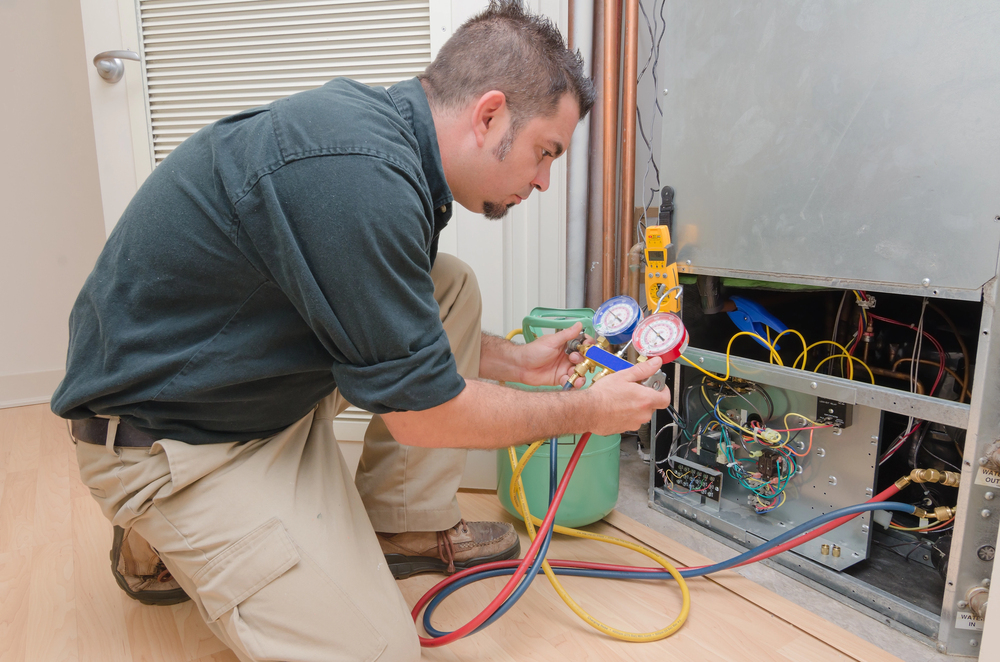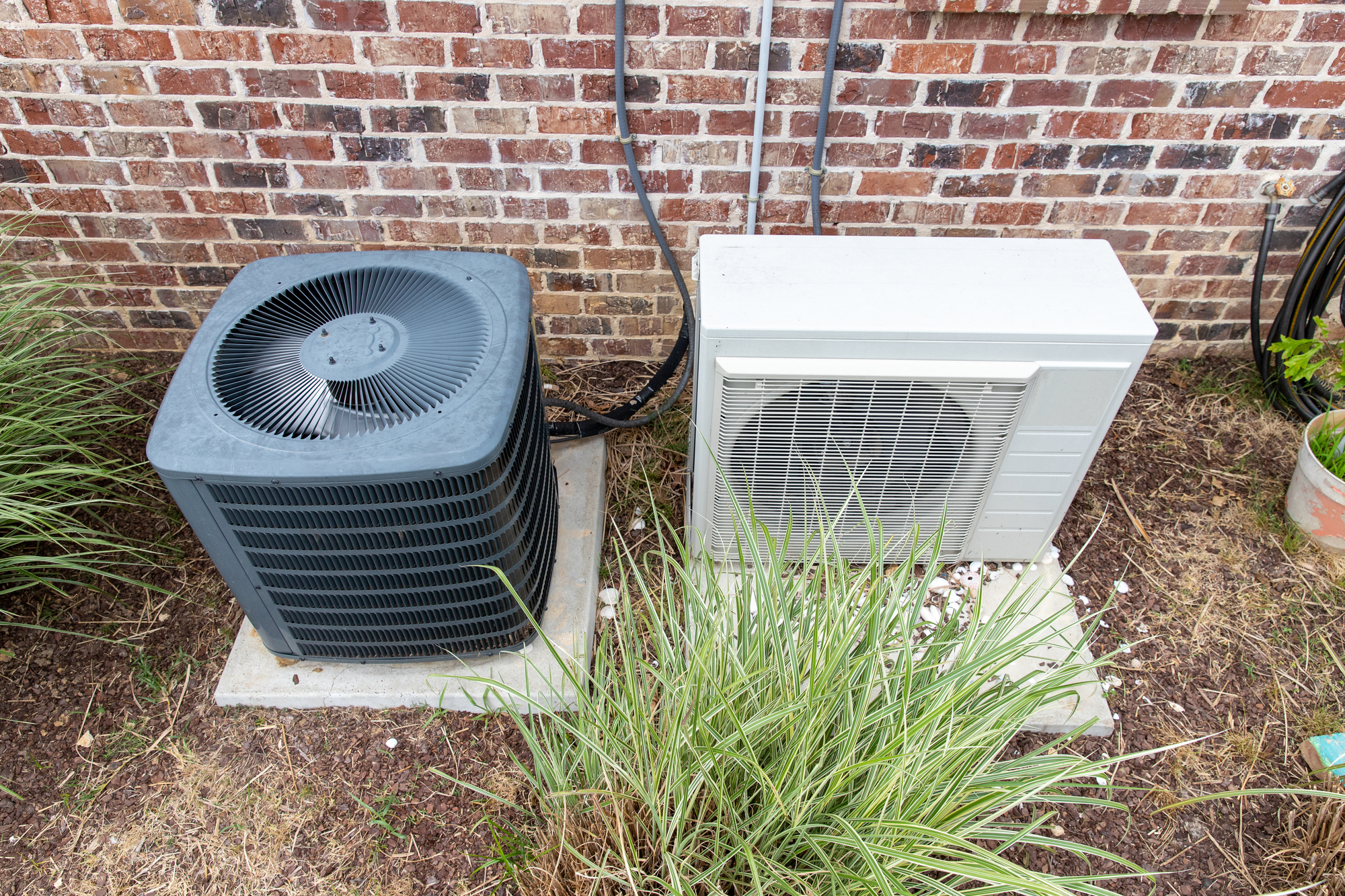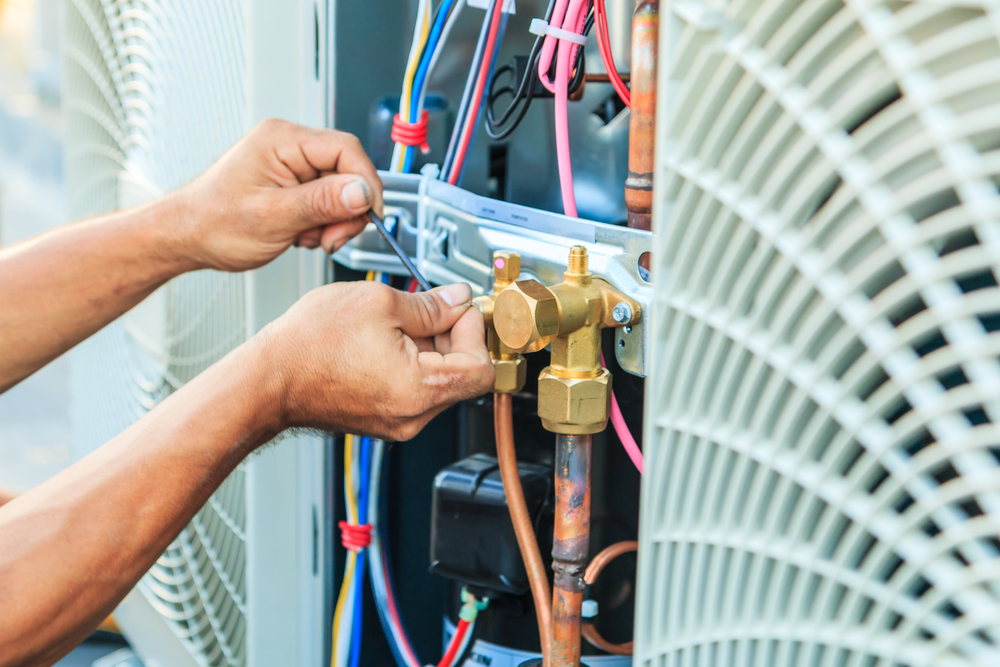Heat Pumps are the Future of Home Cooling and Heating
Oct 25, 2024

How Heat Pumps Work
Heat pumps operate by transferring heat rather than generating it, making them highly energy-efficient. In summer, they extract heat from inside the home and move it outdoors to cool the space. In winter, they pull heat from external sources—such as air, water, or the ground—and direct it inside, even in cold conditions. This mechanism reduces energy consumption significantly compared to conventional heating and cooling systems.
Types of Heat Pumps
There are several types of heat pumps, each designed for specific environmental conditions and home setups. These include air-source, water-source, and geothermal heat pumps, with each offering unique benefits based on energy efficiency and operational costs.
Air-Source Heat Pump
Air-source heat pumps extract heat from the outside air. They are more affordable to install and are effective in moderate climates but may struggle in extreme cold.
Water-Source Heat Pump
Water-source heat pumps use nearby water bodies as heat sources, offering high efficiency. However, these systems require access to a reliable water source, limiting their application to specific locations.
Geothermal Heat Pump
Geothermal heat pumps transfer heat between the home and the ground. While they offer consistent year-round performance and lower long-term costs, they involve higher initial installation expenses due to underground piping.
How Heat Pumps Help with Heating
Heat pumps provide reliable heating by pulling warmth from external sources—even in colder months—and distributing it indoors. This eliminates the need for traditional furnaces that burn fossil fuels, reducing emissions, energy bills, and air conditioning repairs.
- Provides heating even in cold temperatures.
- Reduces dependency on fossil fuels.
- Lowers energy bills by 30-60%.
- Offers an all-in-one solution for year-round comfort.

How Heat Pumps Help with Cooling
During hot weather, heat pumps efficiently cool homes by extracting indoor heat and releasing it outside. Unlike traditional AC units, heat pumps adjust their operation to meet varying cooling demands, minimizing energy waste.
- Provides cooling without separate AC units.
- Offers energy savings through variable-speed operation.
- Reduces maintenance costs and ongoing air conditioning repair costs by serving dual functions.
- Supports environmentally friendly cooling with new refrigerants.

Heat Pumps FAQs
Below are common questions homeowners have about heat pumps, along with concise answers.
What is the lifespan of a heat pump?
The average lifespan of a heat pump ranges between 15 to 20 years with regular maintenance, making it a long-term investment in home comfort.
Can a heat pump work in extremely cold climates?
Yes, but air-source heat pumps may lose efficiency in extreme cold. In such cases, geothermal or cold-weather-optimized heat pumps perform better.
Are heat pumps expensive to install?
Heat pumps have a higher upfront cost compared to traditional systems, especially geothermal models. However, energy savings and rebates help offset these costs over time.
Do heat pumps require frequent maintenance?
Heat pumps require routine maintenance, but less so than traditional systems since they combine both heating and cooling functions into one unit.
Are heat pumps environmentally friendly?
Yes, heat pumps reduce carbon emissions by minimizing fossil fuel consumption, especially when paired with new eco-friendly refrigerants.
Upgrade to a Heat Pump System
Switching to a heat pump system can significantly improve energy efficiency and reduce both costs and environmental impact. With advancements in technology and government incentives available, there has never been a better time to upgrade your home’s heating and cooling system to a modern heat pump.
